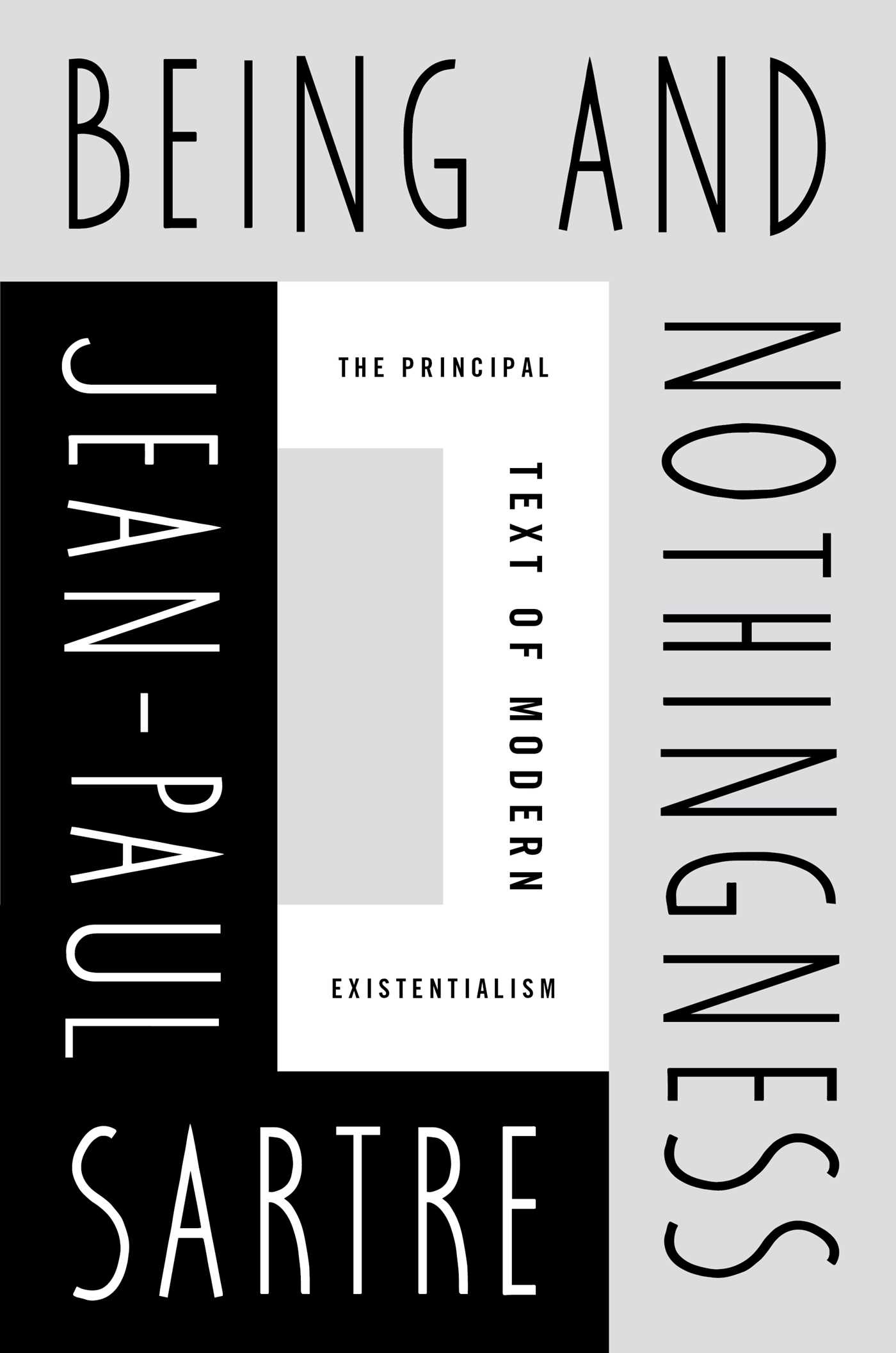

Being and Nothingness
Jean-Paul Sartre, Sarah Richmond
3.99(33075 readers)
Revisit one of the most important pillars in modern philosophy with this new English translation—the first in more than 60 years—of Jean-Paul Sartre’s seminal treatise on existentialism. “This is a philosophy to be reckoned with, both for its own intrinsic power and as a profound symptom of our time” ( The New York Times ).
In 1943, Jean-Paul Sartre published his masterpiece, Being and Nothingness , and laid the foundation of his legacy as one of the greatest twentieth century philosophers. A brilliant and radical account of the human condition, Being and Nothingness explores what gives our lives significance.
In a new, more accessible translation, this foundational text argues that we alone create our values and our existence is characterized by freedom and the inescapability of choice. Far from being an internal, passive container for our thoughts and experiences, human consciousness is constantly projecting itself to the outside world and imbuing it with meaning.
Now with a new foreword by Harvard professor of philosophy Richard Moran, this clear-eyed translation guarantees that the groundbreaking ideas that Sartre introduced in this resonant work will continue to inspire for generations to come.
In 1943, Jean-Paul Sartre published his masterpiece, Being and Nothingness , and laid the foundation of his legacy as one of the greatest twentieth century philosophers. A brilliant and radical account of the human condition, Being and Nothingness explores what gives our lives significance.
In a new, more accessible translation, this foundational text argues that we alone create our values and our existence is characterized by freedom and the inescapability of choice. Far from being an internal, passive container for our thoughts and experiences, human consciousness is constantly projecting itself to the outside world and imbuing it with meaning.
Now with a new foreword by Harvard professor of philosophy Richard Moran, this clear-eyed translation guarantees that the groundbreaking ideas that Sartre introduced in this resonant work will continue to inspire for generations to come.
Publisher
Atria Books
Publication Date
9/7/2021
ISBN
9781982105440
Pages
928
Categories
About the Author

Jean-Paul Sartre
Jean-Paul Charles Aymard Sartre was a French philosopher, playwright, novelist, screenwriter, political activist, biographer, and literary critic, considered a leading figure in 20th-century French philosophy and Marxism. Sartre was one of the key figures in the philosophy of existentialism (and phenomenology). His work has influenced sociology, critical theory, post-colonial theory, and literary studies. He was awarded the 1964 Nobel Prize in Literature despite attempting to refuse it, saying that he always declined official honors and that "a writer should not allow himself to be turned into an institution."
Sartre held an open relationship with prominent feminist and fellow existentialist philosopher Simone de Beauvoir. Together, Sartre and de Beauvoir challenged the cultural and social assumptions and expectations of their upbringings, which they considered bourgeois, in both lifestyles and thought. The conflict between oppressive, spiritually destructive conformity (mauvaise foi, literally, 'bad faith') and an "authentic" way of "being" became the dominant theme of Sartre's early work, a theme embodied in his principal philosophical work Being and Nothingness (L'Être et le Néant, 1943). Sartre's introduction to his philosophy is his work Existentialism Is a Humanism (L'existentialisme est un humanisme, 1946), originally presented as a lecture.
Sartre held an open relationship with prominent feminist and fellow existentialist philosopher Simone de Beauvoir. Together, Sartre and de Beauvoir challenged the cultural and social assumptions and expectations of their upbringings, which they considered bourgeois, in both lifestyles and thought. The conflict between oppressive, spiritually destructive conformity (mauvaise foi, literally, 'bad faith') and an "authentic" way of "being" became the dominant theme of Sartre's early work, a theme embodied in his principal philosophical work Being and Nothingness (L'Être et le Néant, 1943). Sartre's introduction to his philosophy is his work Existentialism Is a Humanism (L'existentialisme est un humanisme, 1946), originally presented as a lecture.
Questions & Answers
Reader Reviews
Loading comments...